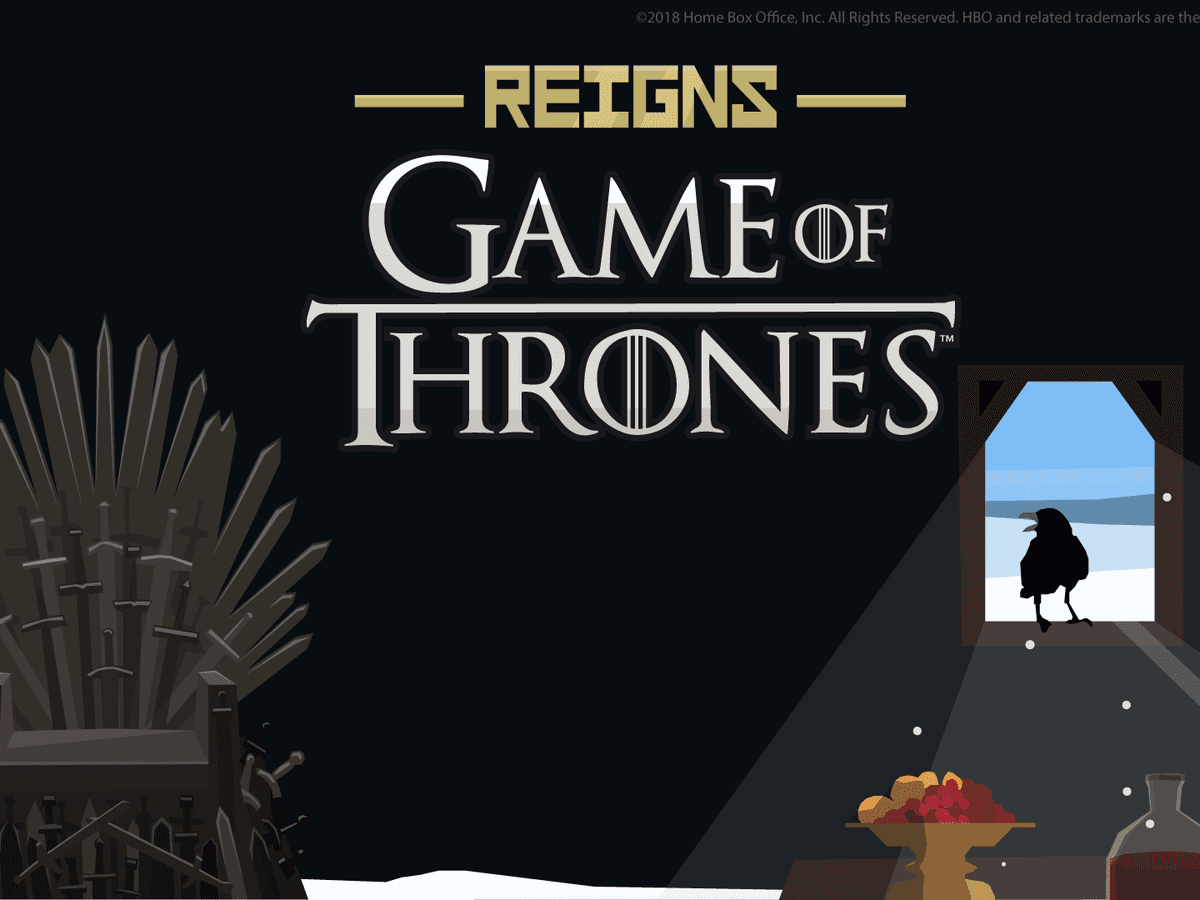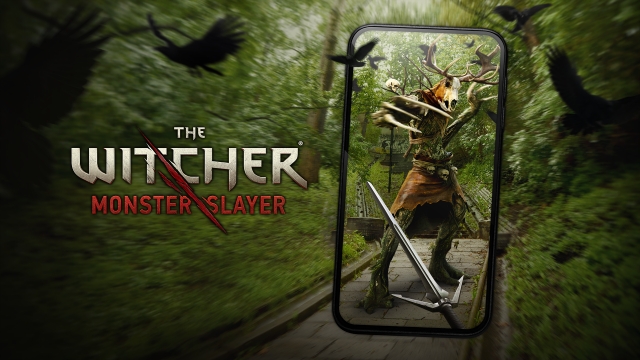· 8 min read
Part 2: How to Land a Licensed IP for Your Mobile Game

Sarah Impey
Content Creator at GameAnalytics
If you had a chance to read part 1 of our licensed IP series, you should be pretty familiar with the basics when it comes to licensed IPs (if you’re not, we recommend navigating back to part 1 before reading on). With the fundamentals of IP law out of the way, we can start reaching out to IP holders. It’s actually pretty straightforward, though you should probably make sure you’ve got a lawyer to check over any contracts.
So, what do you need to do first?
Find the right fit
Before you rush off and start hitting up every huge franchise for a chance to use their IP, you’ll want to make sure you’re the right fit. There are three questions to ask yourself:
- Do my mechanics work with this IP? If you’re making a racing game, will it really fit into the Lord of the Rings world? Probably not. Reigns did this really well, by choosing an IP that feels perfect for their mechanics: Game of Thrones.
- Does my tone match the original work? If you’re a tongue-in-cheek bunch of developers who like to crack jokes and splice in quips, you probably don’t want to approach Stranger Things. Find an IP that works for your style.
- Does my genre match? This is less important. It’s possible, but hard, to create a horror out of a comedy. But will the original audience enjoy it? If not, then why would you be using their IP in the first place? It’d defeat the point.
When you’re searching for an IP to work with, you should always consider their audience. It’s about what they want or would enjoy – that’s what’s going to attract more players.
Once you’ve found a few names, brands, or franchises that tick all the boxes, you can make a shortlist. This’ll help you if you get turned down, but also if you get the green light. It’s useful when negotiating fees and rates if you’ve got a couple of IPs interested in your game.

Pitch for a license
Now that you’ve found the perfect IPs, it’s time to pitch your idea. Remember: you’re trying to show them why it’ll be valuable to them. Maybe it’ll be good marketing for their latest release. Maybe it’ll be a good revenue stream for years to come. Maybe it will fill a niche they’ve missed.
Regardless of your reason, it’s important to make it easy for them. It’s all about risk. If you can show that you’re a safe bet, they might take a punt. Even if it’s not going to be a huge revenue stream. So prove you can create the game. Show your budget and how you’re funded. And, if you can, make sure you show them your track record. It’s also useful to show them what your timelines and targets will be. Show them you understand the business side of things.
It can also really help to set up a prototype of your game. Even if you have placeholder assets, you can show them where their IP would go in your game.
Check the risk
At this point, they should be keen and excited to work with you. Now you need to check the risk of their offer. Are they asking for 25%? How will that affect your profits?
Imagine the worst-case scenarios and plan for them. It’s best to be realistic. What if you need to use twice as much marketing? What happens? Could you still be successful or would the fees bankrupt you?
Get a fair contract
When negotiating your contract, there are a few questions to ask:
- How much will they contribute to marketing? Will they be investing their own money or is it all on your own dime? If they are paying a split, make sure you get them to reimburse those marketing costs before you split the revenues. Otherwise, you’ll need to earn twice as much from every player to break even.
- How much will they help? One of the big benefits of using their IP is their audience. So how will you reach them? Will they post on social? Will they run adverts? If so, how often will they post? Will they create the content or will you provide it?
- What exactly will you get? Be explicit. Will it just be the name or will you be able to use characters? What about the storyline? Music? What won’t you be able to use?
- Who pays for travel? It’s worth asking whether they’ll pay for you to come to them. You don’t want to suddenly feel compelled to fly half-way across the world out of your own profit.
- How long will it be exclusive to you? You don’t want them working with someone else and releasing a similar game. Make sure you narrow down what they’re not allowed to do, too.
- How often will you report? This is super important. What stats and figures will you send them? How often? It’s a lot of work if you’re going to be creating a full report every week. Make sure you have enough time to create any reports.
Of course, you could always set them up as a user on GameAnalytics and show them a custom dashboard. Just saying.
Set up an approval process
One of the biggest tensions will be approval. This is inevitable. They’re going to want to check to make sure you’re using their assets properly and that the game is up to their standards.
Arrange a process that works for you. You don’t want them to need to sign off every time you ask for an asset. So maybe, instead, you send them a build every month that they can review, critique, and sign off. But who has the final say? And over what? Make sure you’ve clearly defined the lines. It’ll make everybody happier in the long run.
You’ll want to make this as lean as possible. If it’s possible, try and get one decision-maker on their end who signs off on the game.
Some top tips
Don’t focus only on movie and TV
It’s tempting to instantly hit up a big company like Disney and think you’ll strike gold. But sometimes a smaller company, with a smaller audience (and a smaller fee), could be a better fit for your game.
So don’t restrict yourself to IP that’s on the big screen. You could approach authors, other games, retailers, comic-book artists. You might even find that you get more organic search results from making the first mobile game for a lesser-known book series than for a big brand like Star Wars, where you’ll probably be buried under searches for the movies, other games, and merchandise. It could be much better to be the only result for the Mistborn franchise on the app store than one of the dozen Star Wars results.
Look at how successful The Witcher has been. That was originally based off a Polish book series and came with a really engaged fanbase, which likely gave it a kickstart. But has now grown into a huge franchise of its own.

Put the audience first
Think about what kind of player will love your game. Are they a casual gamer who just wants to pick up and have a quick race or are they a hardcore horror enthusiast who wants to turn all the lights off and bunker up?
Once you know that, you can start thinking about what other kinds of media they enjoy. Try and think a little further afield. For example, that casual racer might fancy getting to be James Bond, speeding around London in a car chase using all the classics.
Don’t worry about being exclusive
While it’s useful, it’s not the end of the world if the IP releases something else similar to your game. They’re unlikely to want to cannibalize their own revenue, anyway.
And in some cases, it could be beneficial. Fans of the other game might start looking for similar experiences and stumble on yours. If you’re making an RPG, it could really help having multiple games out there. Players don’t want to leave their favorite worlds.
Have a back-up idea
Make sure your game could stand on its own two legs, if it really needs to. You might not get the attention of any IP holder. If you can create a game that works without them, then you can still release.
It’ll also make your game more successful if you do get an IP. Your mechanics will be solid and it’ll be a much better game. The IP should be adding to your game, not propping it up.
Keep in the loop
Stay up to date with the latest industry news and learn about all the latest trends, straight to your inbox. Sign up to our monthly newsletter 👇